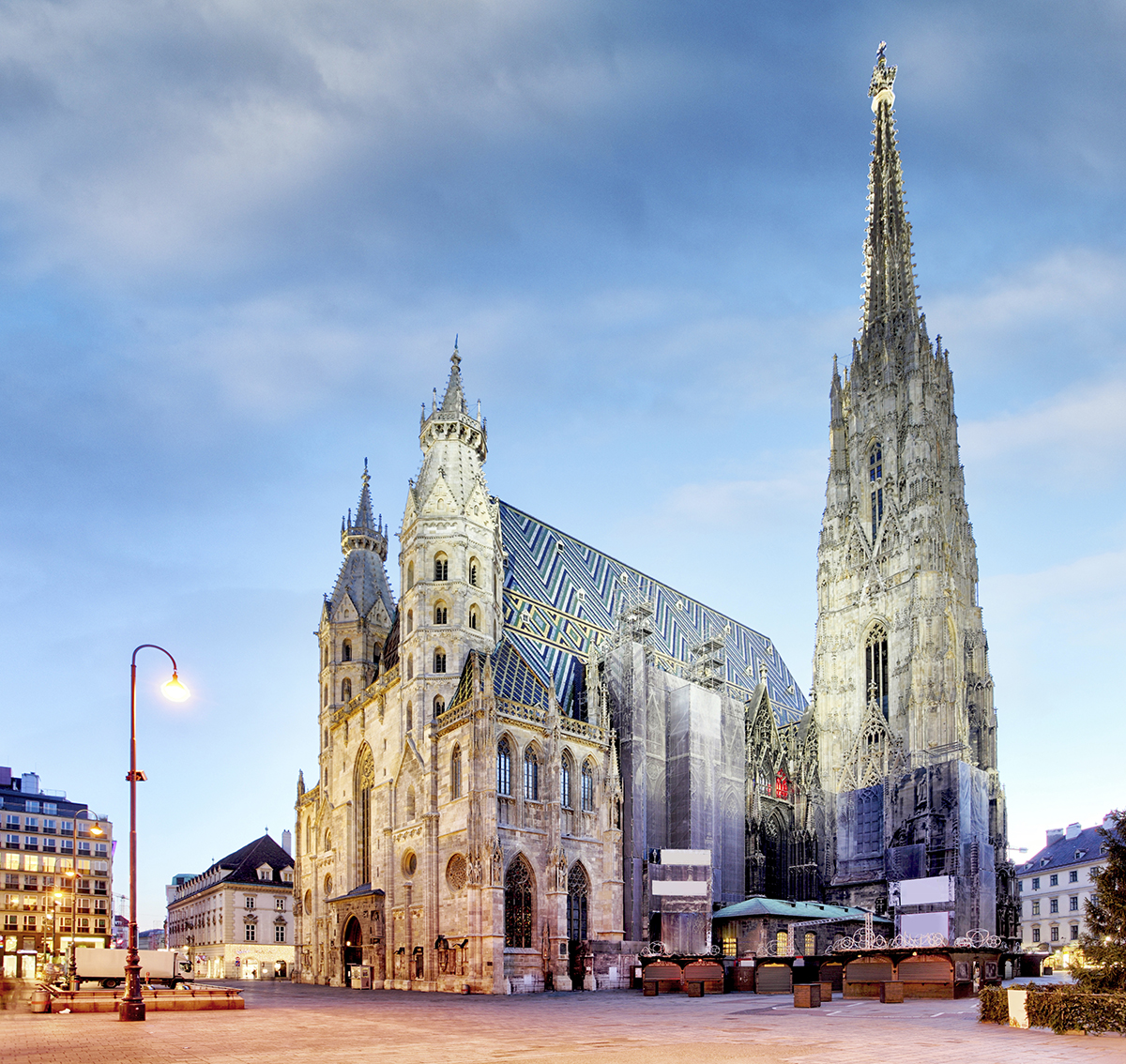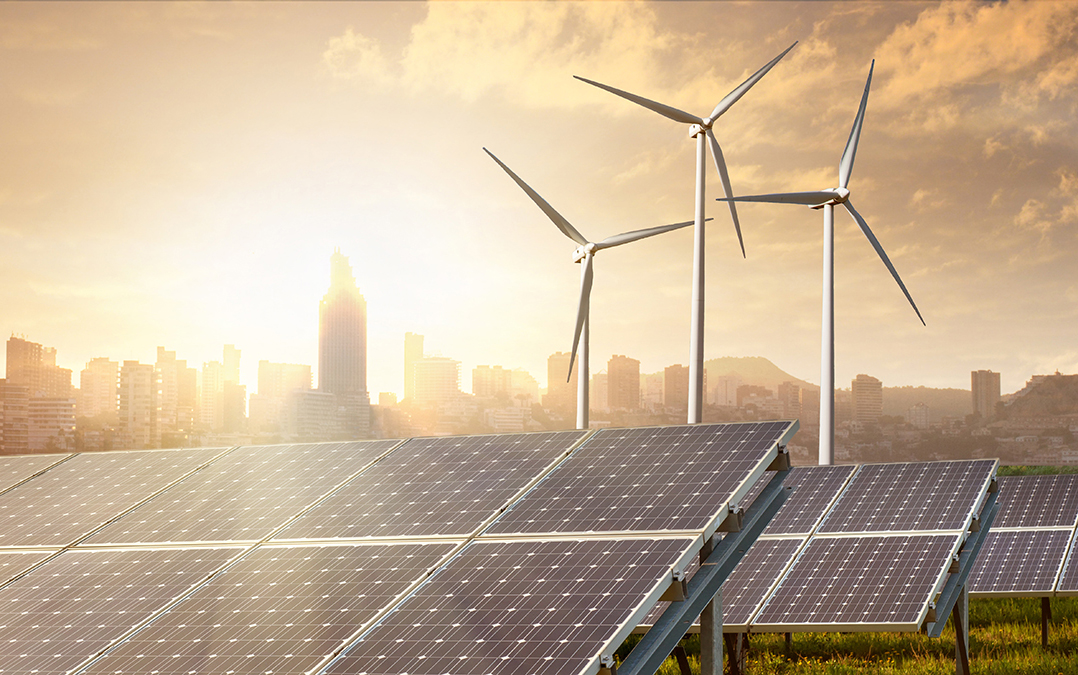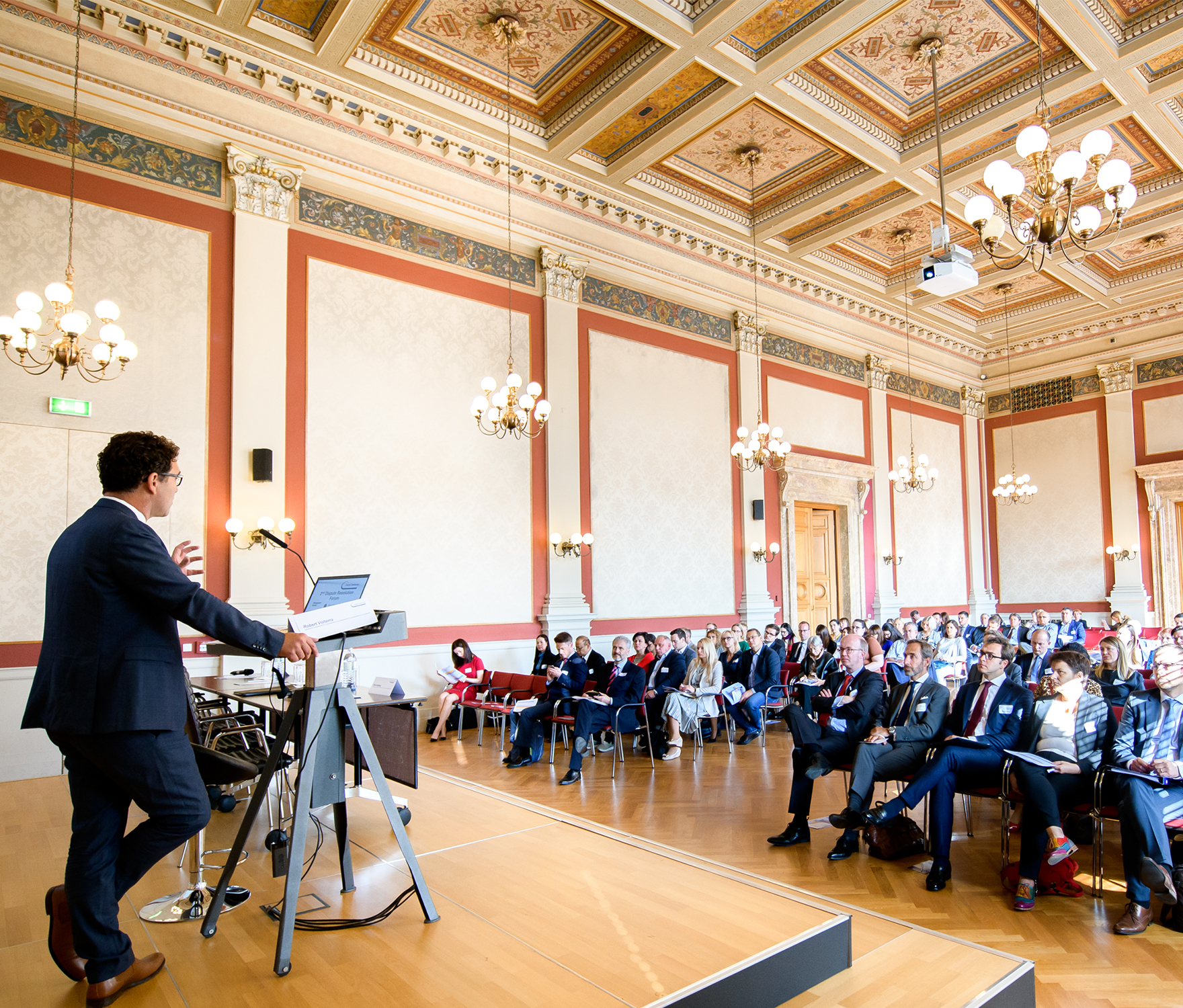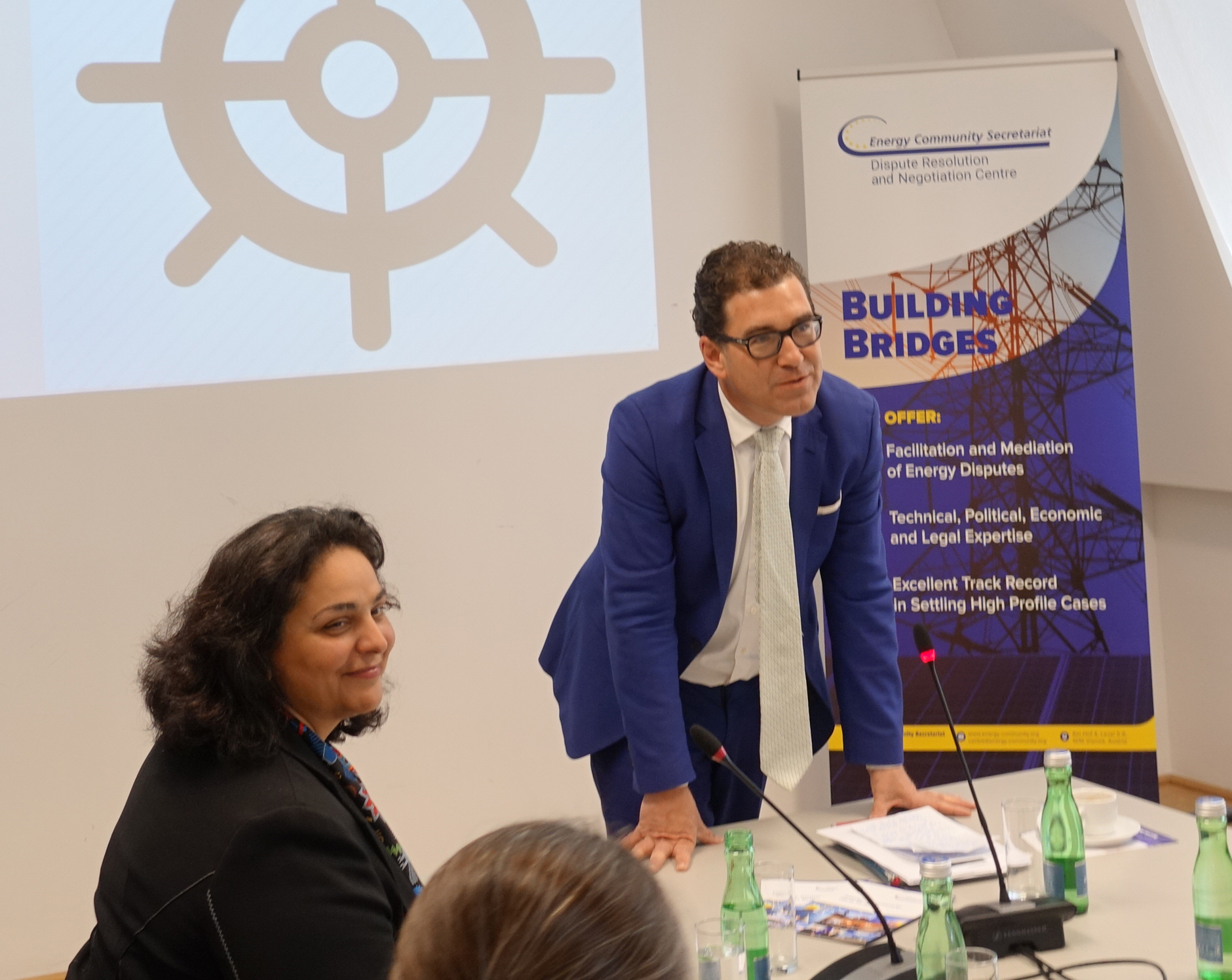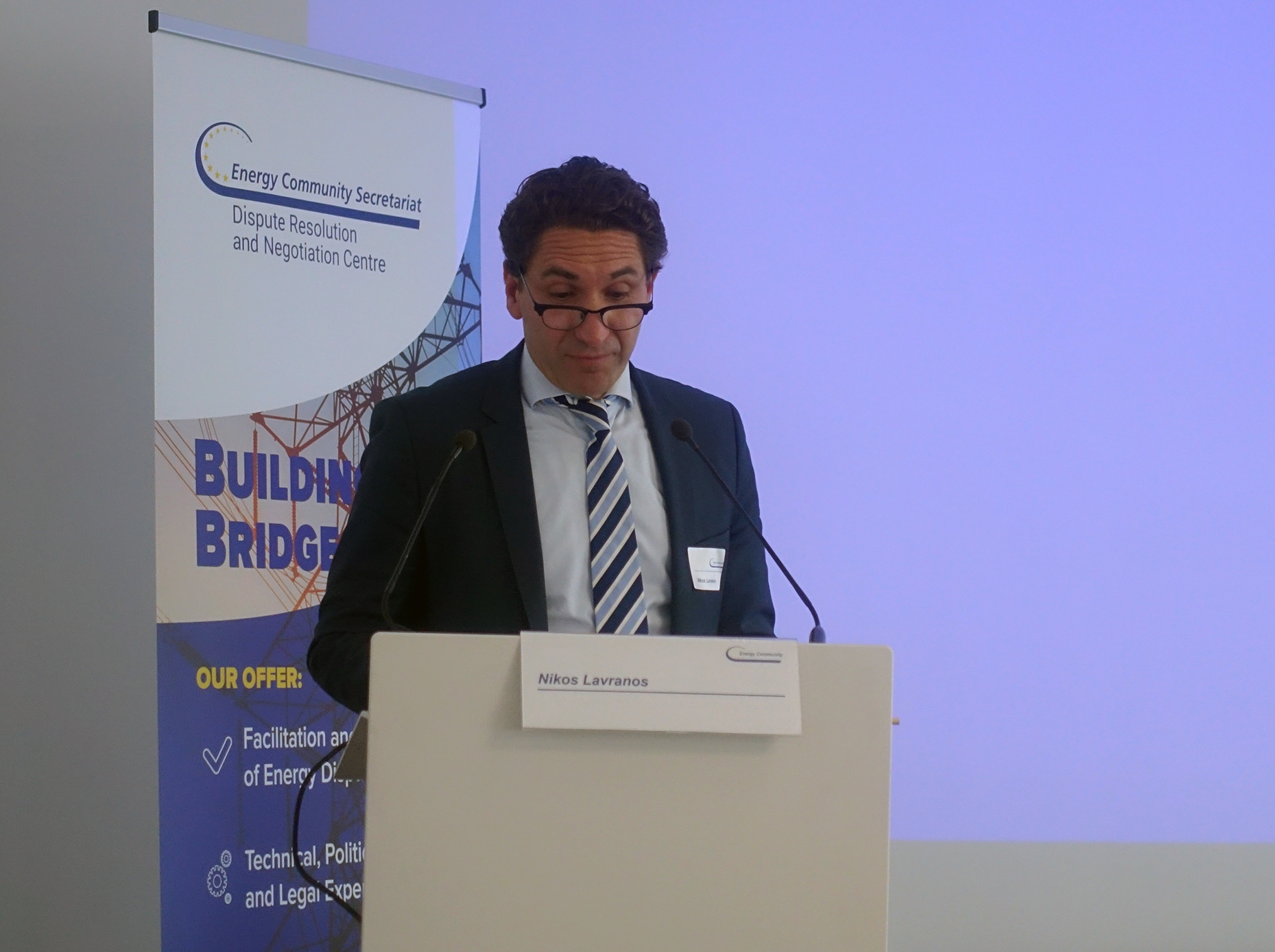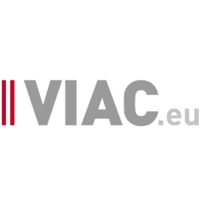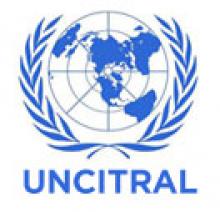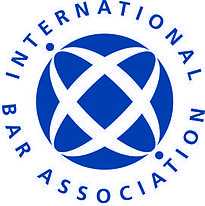The Energy Community Secretariat's Dispute Resolution and Negotiation Centre was established as a response to signals that the settlement alternatives currently available for energy disputes no longer respond to the needs of national authorities and stakeholders, in particular small and medium enterprises and consumers.
Pursuant to Procedural Act 2018/05-EnC, the Centre focuses on three pillars:
- facilitation of negotiations for the settlement of disputes between private parties, between private parties and states and/or their national authorities, and between states and/or their national authorities,
- facilitation for the swift closure of dispute settlement cases under the Energy Community Treaty, and
- negotiation support to national authorities in their negotiations with private parties.
The Centre is attached to the Legal Unit of the Secretariat and is chaired by Mr Dirk Buschle, the Head of the Legal Unit and Deputy Director of the Secretariat. The Secretariat, which has already facilitated negotiations in several high-profile investor-state disputes, will be supported by a group of distinguished individuals with experience in the areas covered by the Centre.
The services provided by the Secretariat's Dispute Resolution and Negotiation Centre are free of charge.
Centre and its activities
Negotiation support
Albania
- We are currently facilitating discussions between a group of small hydropower producers and the Albanian authorities, with regard to a new balancing mechanism in force since 1 April 2021 and its impact on the SHPPs.
Georgia
- The Secretariat facilitated discussions between the Georgian subsidiary of the Czech energy company Energo-Pro and the Georgian authorities. The negotiations concerned the regulatory and commercial conditions for Energo-Pro to engage as universal service supplier on the electricity market in Georgia on the eve of its liberalization.
Moldova
- In Moldova, the Centre has been involved in the determination and recognition of costs associated with technological consumption and technical losses in the gas distribution tariffs ANRE, the Moldovan regulator, and Moldovagaz, as holding company of the distribution companies in Moldova, requested the Centre to facilitate discussions on this matter and. To ensure a long-term solution, our team is currently supporting the Moldovan regulator in developing a new methodology for determining losses in gas distribution networks.
- Also in Moldova, we are facilitating negotiations between a private supplier and the national regulator on recognition of costs for financing the working capital.
Ukraine
- In the gas sector, the Secretariat, together with ACER, is conducting a public consultation between Energy Community Contracting Parties and EU Member States regarding the implementation of capacity allocation mechanisms at the borders between EU and Energy Community. The consultation was prompted by the fact that last summer Ukraine's gas grid operator GTSOU stated it would carry out maintenance at the Budince interconnection point on the border with Slovakia, leading to physical flows coming to a total halt. Budince is the entry point for gas from Europe to flow into Ukraine via Slovakia, and the maintenance works affected traders who bought gas to store in Ukraine over the summer. This situation could have been avoided if Slovakia applied EU network codes on the border with Ukraine. In practical terms, applying EU network codes would oblige Slovakia to maximise capacities and offer them on open auction platforms as is currently the practice for all EU member states.
The consultation focuses on capacity offering and use and aims at reaching a better understanding of market needs, approaches to avoid network interruptions and optimise capacity availability at gas interconnectors between the EU and the Energy Community and within the Energy Community.
Bosnia and Herzegovina
-
The Energy Community Secretariat's Dispute Resolution and Negotiation Centre actively facilitates the cross-border dialogue on transboundary environmental impacts stemming from hydropower projects involving Republika Srpska, Bosnia and Herzegovina, and Montenegro. The facilitation is conducted by Ms Bujaroska, Environmental expert in the Energy Community Secretariat.
Montenegro
-
The Energy Community Secretariat's Dispute Resolution and Negotiation Centre actively facilitates the cross-border dialogue on transboundary environmental impacts stemming from hydropower projects involving Republika Srpska, Bosnia and Herzegovina, and Montenegro. The facilitation is conducted by Ms Bujaroska, Environmental expert in the Energy Community Secretariat.



